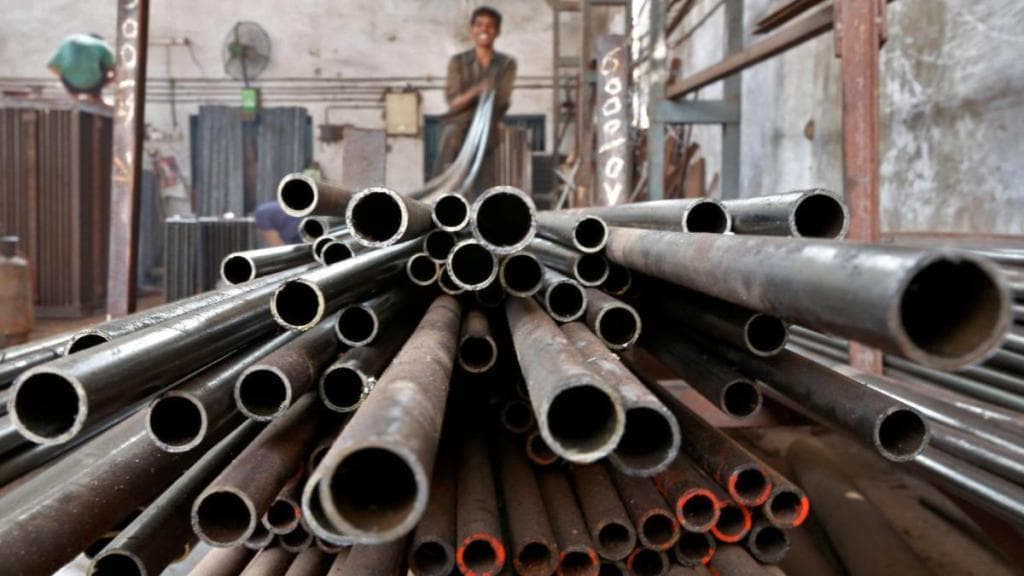Germany’s proposed Low Emission Steel Standard (LESS) could present new challenges for the Indian steel industry, according to the Global Trade Research Initiative (GTRI). The Indian industry, already struggling with lower exports, higher imports, and Europe’s carbon tax, may face further difficulties due to LESS.
India’s steel exports fell by 31.2% from $31.7 billion in 2021-22 to $21.8 billion in 2023-24, while imports rose by 37% from $17.3 billion to $23.7 billion. Although Indian steel producers are not legally required to follow LESS, not aligning with it could impact export competitiveness, GTRI Founder Ajay Srivastava said.
LESS, set to be introduced in late 2024 by the German Steel Federation and the Federal Ministry of Economics and Climate Protection, classifies steel based on CO2 emissions and scrap content, from ultra-low emission (Class A) to high emission (Class E). Indian steel is likely to fall into the lower categories, potentially deterring buyers and exacerbating the impact of the EU’s carbon border adjustment mechanism (CBAM).
Unlike CBAM, which imposes a carbon cost at the border, LESS is a voluntary labeling program that could create perception challenges for Indian firms. Manufacturers will need to report their carbon footprint and scrap content, verified by third parties.
The GTRI urged Indian steel producers and the government to adopt low-carbon technologies, such as electric arc furnaces and hydrogen-based steelmaking, and to conduct comprehensive carbon footprint assessments. The think tank also recommended that the government support the transition with policies, tax incentives, and infrastructure investments.
India’s steel industry primarily uses the blast furnace method, which has a higher carbon footprint compared to electric arc furnaces. Adapting to LESS will require significant investment in new technologies and infrastructure. Imports from South Korea remain dominant, but those from China and Vietnam have been growing.
The European Union’s CBAM will take effect on January 1, 2026, but Indian companies in carbon-intensive sectors must start reporting carbon emissions to the EU from October 1, 2024.
(With PTI inputs)


